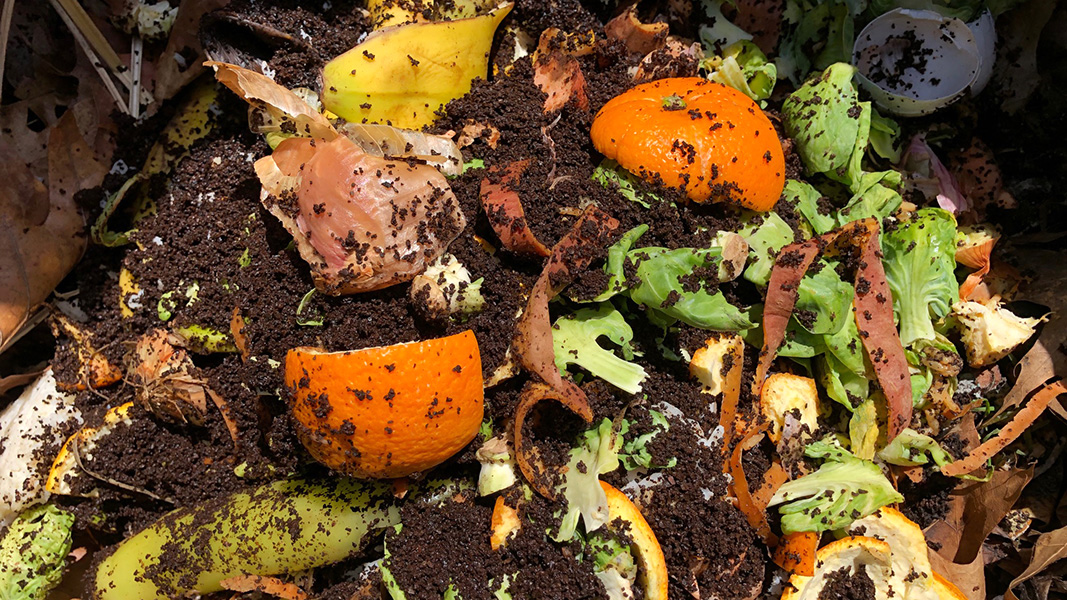On January 31, U.S. Senators Cory Booker and Tina Smith, both members of the Senate Committee on Agriculture, Nutrition, and Forestry, and U.S. Representatives Julia Brownley, Ann McLane Kuster, and Chellie Pingree introduced two bills, the Zero Food Waste Act and the Cultivating Organic Matter through the Promotion Of Sustainable Techniques (COMPOST) Act, to reduce the amount of food wasted in the U.S. and to redirect food waste to composting projects. Both bills were introduced in the 117th Congress, and then reintroduced last month.
The Zero Food Waste bill would create a new grant program, administered by U.S. EPA, for state, local, tribal, and territorial governments and for nonprofits. It would offer planning, measurement and food waste reduction grants. The planning grants could investigate the kinds of food waste mitigation projects or policies that would be most impactful within a given community; measurement grants would enable states and communities to better understand the amount of food waste generated. The reduction grants could be used to fund an assortment of projects, from prevention to composting, as well as upcycling to make new food from ingredients that would otherwise go to landfills. Additionally, localities could use the grant funding to implement restrictions on food waste landfill disposal or incineration, designed to stop food waste.
The COMPOST Act bill would add composting as a conservation practice for U.S. Department of Agriculture (USDA) conservation programs. Both the act of producing compost from organic waste and using compost on a farm would qualify as a conservation practice. It also would create new USDA grant and loan guarantee programs for composting infrastructure projects, including both large-scale composting facilities as well as farm, home, or community-based projects.













